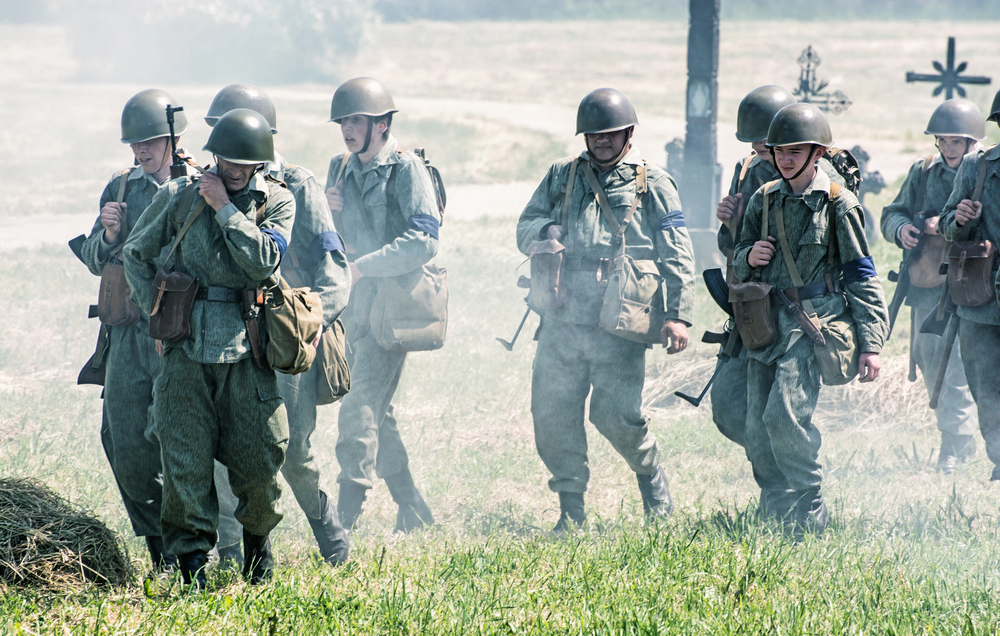
What is hoping for peace when the headlines only bring heartbreak? With the world’s eyes on Istanbul for the third round of Ukraine-Russia peace talks, the news cycle brings little solace particularly for those who aren’t looking for updates, but rather understanding, action, and a means to steady their own emotional footing.

1. Kremlin’s Stark Message: No Miracles on the Horizon
The hopes riding on the Istanbul peace negotiations are intense, but the Kremlin’s rhetoric has fallen like a bracing dash of cold water. Kremlin spokesperson Dmitry Peskov made it clear: “There is no reason to expect any breakthroughs in the category of miracles it is hardly possible in the current situation.” Russia’s position is uncompromising, with Peskov reiterating that “we intend to pursue our interests, we intend to ensure our interests and complete the tasks that we set for ourselves from the very beginning.”
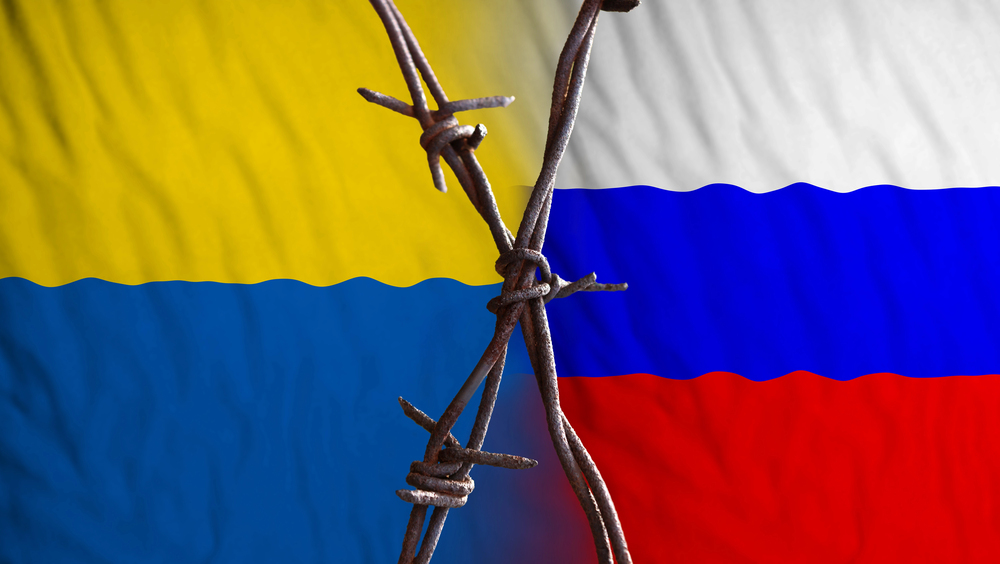
This is not diplomatic bluffing; it’s a message to the world that, no matter how desperate, both sides are dug in, and the resolution is not going to come quickly. Ukraine’s President Volodymyr Zelensky has appealed for a direct meeting with Vladimir Putin, again stating, “Ukraine never wanted this war, and it is Russia that must end the war that it started.” However, the Kremlin’s reaction has been an adamant refusal to look forward to a peace agreement anytime soon.
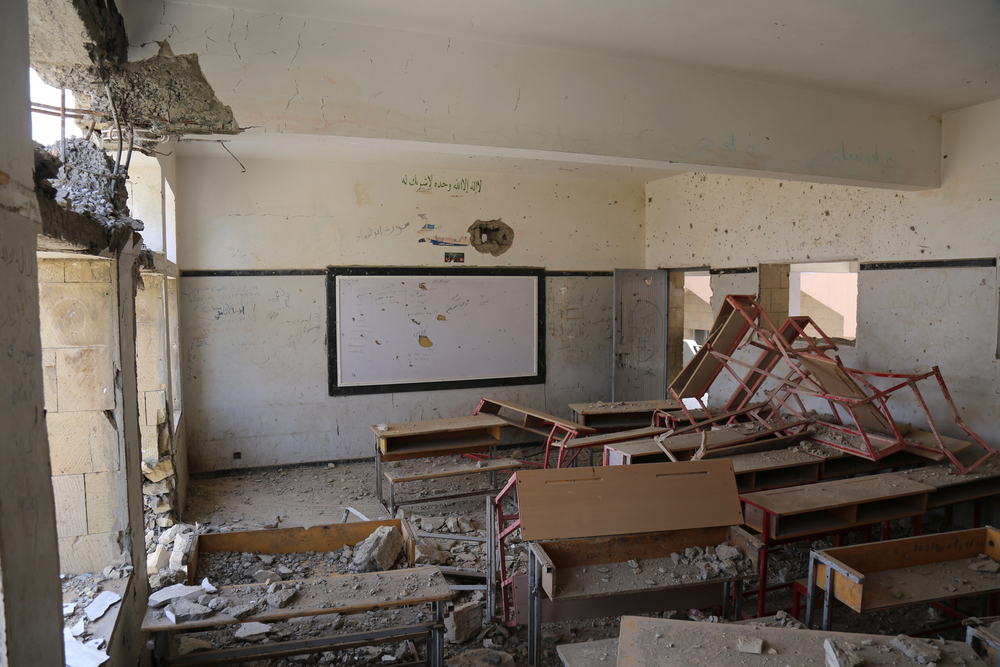
2. Relentless Attacks: The Human Toll of Escalating Violence
As diplomats convene, the ground situation in Ukraine is dreadful. Russian missile and drone attacks have escalated to new heights, with more than 700 drones being launched in a single night last month. Russian strikes on Tuesday killed three individuals, one of whom was a 10-year-old boy, and injured 24. The UN Human Rights Monitoring Mission in Ukraine (HRMMU) said June 2025 recorded the most monthly civilian casualties since the invasion started with 232 fatalities and 1,343 injuries. The escalation of long-range missile and drone attacks is not merely a military strategy it’s a campaign that delivers “even more death and destruction to civilians far from the frontline,” as Danielle Bell, Head of HRMMU, underscored. The pain is far-reaching: 70 percent of Ukrainian children now suffer from material deprivation, without such necessities as food, heating, and access to schooling.
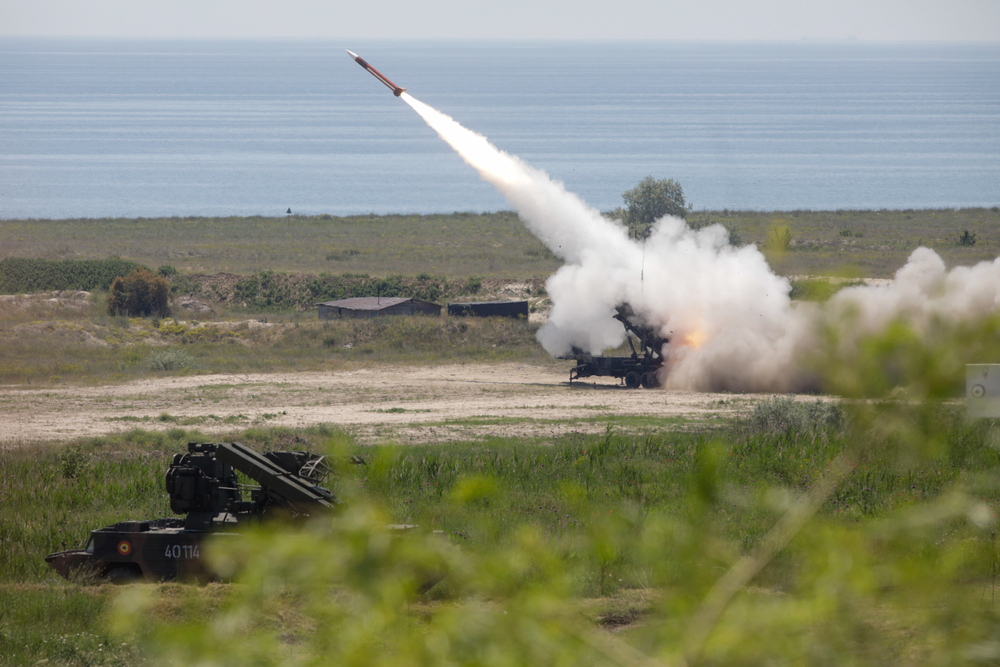
3. Ukraine’s Appeal for Defense: Patriots, Sanctions, and Solidarity
Ukraine’s answer to the mounting danger is a cry for strong Western assistance. The nation is urging strongly for the deployment of U.S.-produced Patriot defense missile systems, with Germany and Switzerland leading the financing and coordination of deliveries. As German Defense Minister Boris Pistorius put it, “We are now seeking solutions, which will enable us to find Patriot systems in member states in Europe…so that others can fund them and they can be sent to Ukraine.” The Netherlands also committed to “substantially contribute” to the delivery of Patriots, as well as further assistance for F-16 aircraft and counter-drone systems. The British government is donating close to $950 million worth of air defense and artillery equipment in 2025. The EU and U.S. are instead intensifying sanctions to drain Russia’s war chest, including a reduced oil price cap and restrictions on Russian bank transactions.

4. The Psychological Impact: Coping with News Fatigue and Vicarious Trauma
For international news consumers, the psychological cost of monitoring the Ukraine war is tangible. Psychologists term this “vicarious trauma” the distress experienced from seeing others suffer, even remotely. As a commentator noted, “The increases in long-range missile and drone attacks throughout the nation have added more death and devastation to civilians far from the front line.” Peace psychology professionals suggest establishing positive boundaries with media use, permitting digital detoxes, and prioritizing solution-focused news so as not to become desensitized to compassion fatigue. It’s also acceptable to mourn for locations and individuals you’ll never meet such emotions are a true representation of a profound feeling of interconnectedness that is vital for long-term peace.

5. Building Resilience: Strategies for Staying Grounded
What can people do to remain healthy and engaged while informed? Specialists propose a set of tools combined from self-care and community action: sleep well, eat healthy food, and work on relaxation techniques such as deep breathing or meditation. Talking to friends and loved ones, even long distance, can give emotional ballast. When the news gets too much, it’s a good idea to take breaks and find positive stories or solution-based reporting. Active hope recognizing pain but pledging action, no matter how small can shift feelings of powerlessness into a sense of mission.
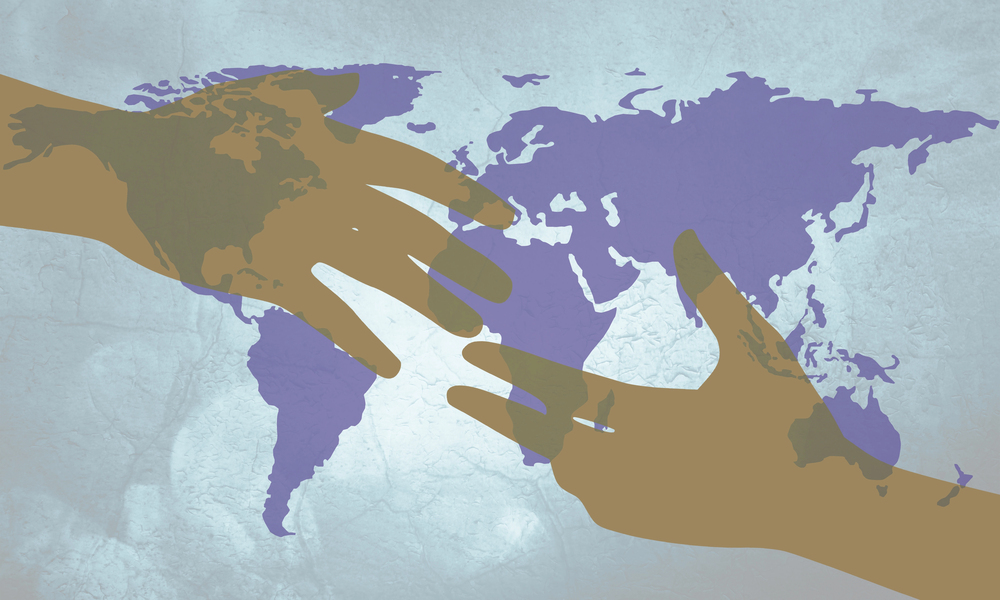
6. Taking Action: Helping Ukraine from a Distance
For those who are inspired to do something, there are helpful ways to make a difference. Donating to credible humanitarian groups is usually the best means of helping those who have been caught up in the conflict. International agencies and the European Union have mobilized to deliver emergency assistance, shelter, and medical treatment. You can also contribute to advocacy campaigns, volunteer for local groups, or send care packages and letters of solidarity. Every movement matters, and even the smallest kindness can resonate outward, offering hope and real relief.
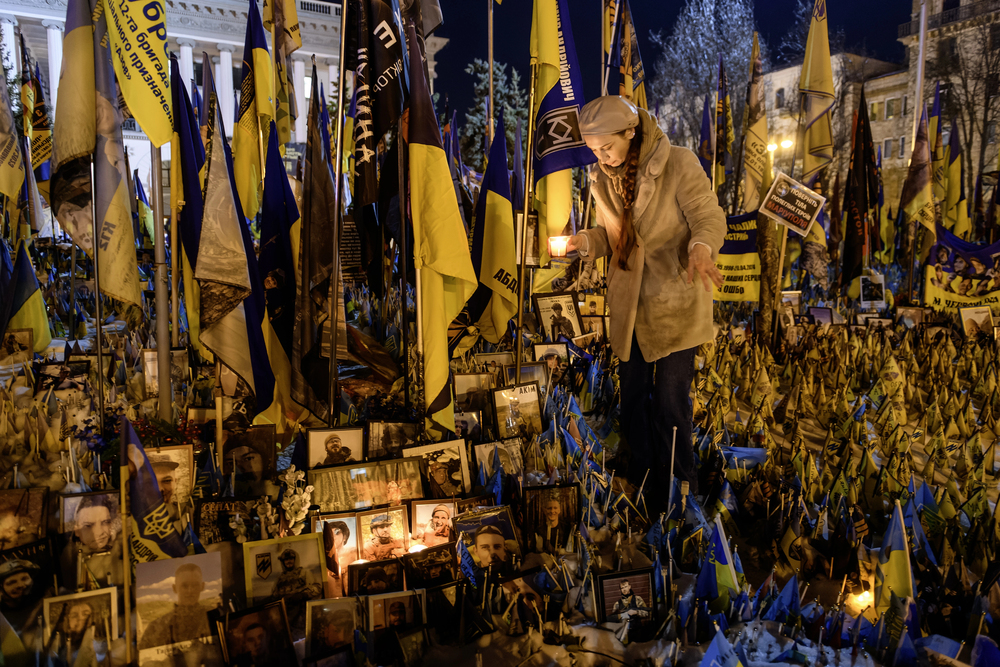
7. Respecting Sorrow, Building Connection
The psychology of conflict is multifaceted. As a peace psychologist commented, “When we grieve a place touched by conflict, we are not simply grieving its physical loss.”. We are grieving our loss of innocence, the break in memory, and sometimes, the breaking of our own stories about the world.” Creating space for mourning yet also reaching out for connection and community can be a strong move toward healing. Empathy, memory, and our shared humanity are as vital to peace as any agreement or bargain.
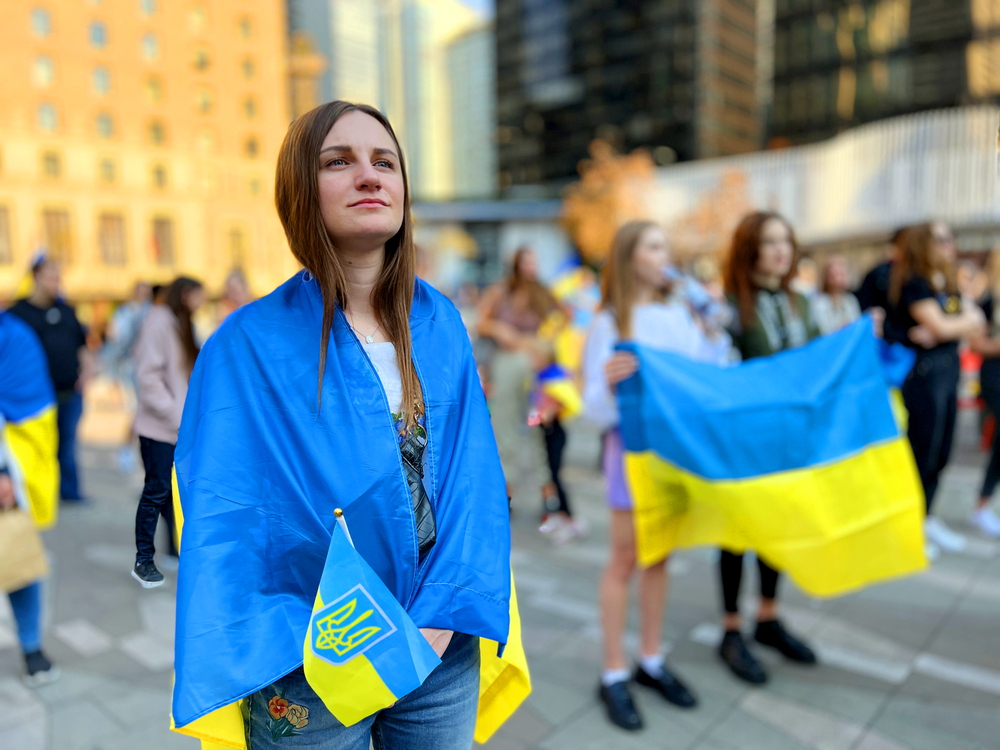
The path to peace in Ukraine is unclear, and the headlines might not provide miracles. Yet at a time of unrelenting violence and diplomatic impasse, the compassion, resilience, and activism of the world community remain sources of hope that mean a great deal both to those in the war zone and to those who care about them from afar.


